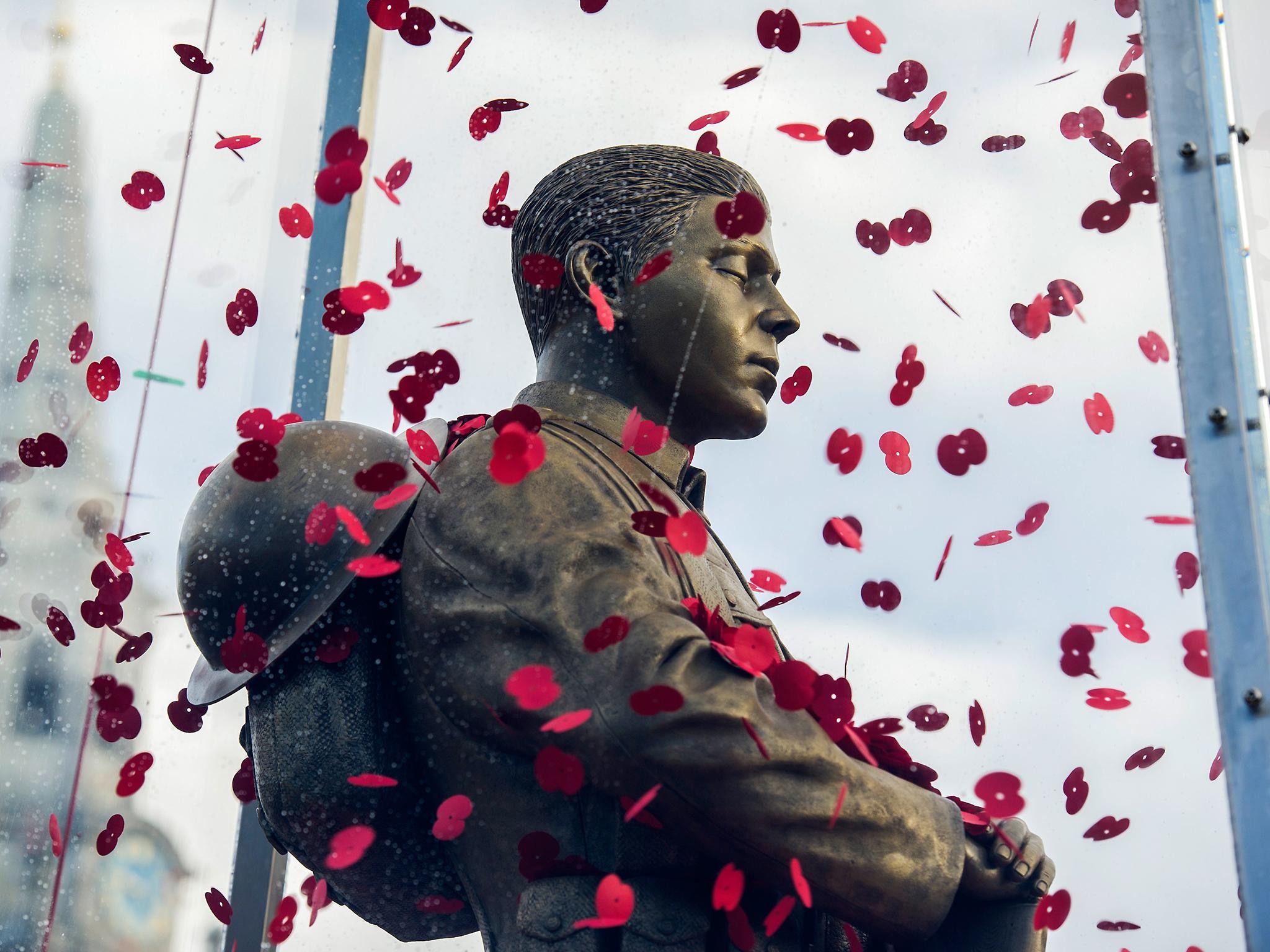They also served: seven decades of post-war sacrifice
Newly released documents show that, since 1945, there has been only one year in which no member of the UK’s armed forces has been killed on active service

Your support helps us to tell the story
From reproductive rights to climate change to Big Tech, The Independent is on the ground when the story is developing. Whether it's investigating the financials of Elon Musk's pro-Trump PAC or producing our latest documentary, 'The A Word', which shines a light on the American women fighting for reproductive rights, we know how important it is to parse out the facts from the messaging.
At such a critical moment in US history, we need reporters on the ground. Your donation allows us to keep sending journalists to speak to both sides of the story.
The Independent is trusted by Americans across the entire political spectrum. And unlike many other quality news outlets, we choose not to lock Americans out of our reporting and analysis with paywalls. We believe quality journalism should be available to everyone, paid for by those who can afford it.
Your support makes all the difference.On Tuesday, we will all be doing our remembering. Remembering, in this centenary year, 1,117,077 men and women from the Commonwealth countries who died in the First World War, and the dead of the second world war, and from Iraq and Afghanistan, and perhaps from the famous victory in the Falklands. The Royal British Legion set the tone yesterday with a new sculpture unveiled in Trafalgar Square by Serena Alexander, mother of Sam Alexander MC, who was killed in Afghanistan.
And that is about it, many people seem to think. Five wars whose dead deserve remembrance, interspersed by long years when Britain was at peace at least with the rest of the world, though not with the gunmen of Northern Ireland.
It comes as a bit of a shock, therefore, to read in documents released by the Ministry of Defence this week that in fact since 1945, British forces have been embroiled in no fewer than 28 separate conflicts on three continents, and that servicemen have died in the line of duty in 68 out of those 69 years.
The only exception was 1968, a respite the British army enjoyed only because the Prime Minister, Harold Wilson, stubbornly resisted American pressure to be drawn into the Vietnam war.
In 1945, though Britain was no longer a superpower, London was still the capital of the largest empire in human history, which meant that British troops were on active duty all over the world. As new nation states came into being in the newly liberated colonies, there were wars, border disputes and rebellions which involved Britain either because they occurred in parts of the former empire, or in the country’s new role as a member of the United Nations Security council.
These post-colonial conflicts ended only when Britain finally let go of Aden, the strategically placed colony on the southern tip of the Arabian peninsula. After that there was peace, until the long simmering hostility between Ulster Protestants and Irish Catholics erupted into organised violence. The last British soldier killed in that conflict was Lance Bombardier Stephen Restorick, shot by an IRA sniper in February 1997.
Soon afterwards, there was a new Prime Minister, Tony Blair, who believed in liberal interventionism against foreign tyrants, a philosophy that kept the forces busy up until last month, when the last British troops packed up and left Afghanistan.
Our purpose on these pages is not to argue that every military action undertaken by British forces was justified, which would be a hard argument to make in many cases. And the figures on the opposite page record only the numbers of British dead, which were often only a fraction of the overall death toll. But service personnel who put their lives on the line should not be blamed if their government has sent them into action for, on occasion, the wrong reasons. Those who died in the line of duty in unjustified wars deserve to be commemorated too.
Join our commenting forum
Join thought-provoking conversations, follow other Independent readers and see their replies
Comments